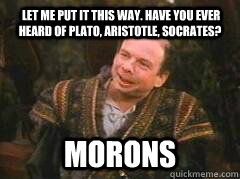Randall
J. Randall Murphy
Dr Peter Sjöstedt-H ... TEDx video ...
I wonder how the application of the predictive processing (PP) framework could be applied to explorations into Psychedelic Consciousness? I imagine that there must be both chemical and neurological correlates that could be traced with some precision. Note however, that biochemical and neurological tracing is an entirely separate effort from attempting to derive any metaphysical truths from the psychedelic experience itself.
Clearly the subjective experience of a drug trip, while powerful for the experiencer, does not necessarily represent an objective reality, and claims by the experiencer such as "Nothing exists but thoughts. The universe is composed of impressions, ideas, pleasures, and pains." cannot be the case, if not only for the reason that the experiencer had to ingest some external compound in order to have the experience in the first place.
This is a fact that experiencers seem to all too conveniently forget during their trip. If it were not the case that there is a non-subjective world, then of course, there would be no need for the experiencer to locate their supplier for their next fix, would there? All they would have to do is think the hallucinogen into existence. Or better yet realize that "There is no spoon" and just fly off into the sky.
Last edited:



 . You have a knack for catching me off-balance. But glad to see you posting again and in seemingly good spirits. To keep it consistent we'd have to also replace "biology" with "religion". The point being that Panpsychism magically imparts consciousness on everything without explaining anything.
. You have a knack for catching me off-balance. But glad to see you posting again and in seemingly good spirits. To keep it consistent we'd have to also replace "biology" with "religion". The point being that Panpsychism magically imparts consciousness on everything without explaining anything.